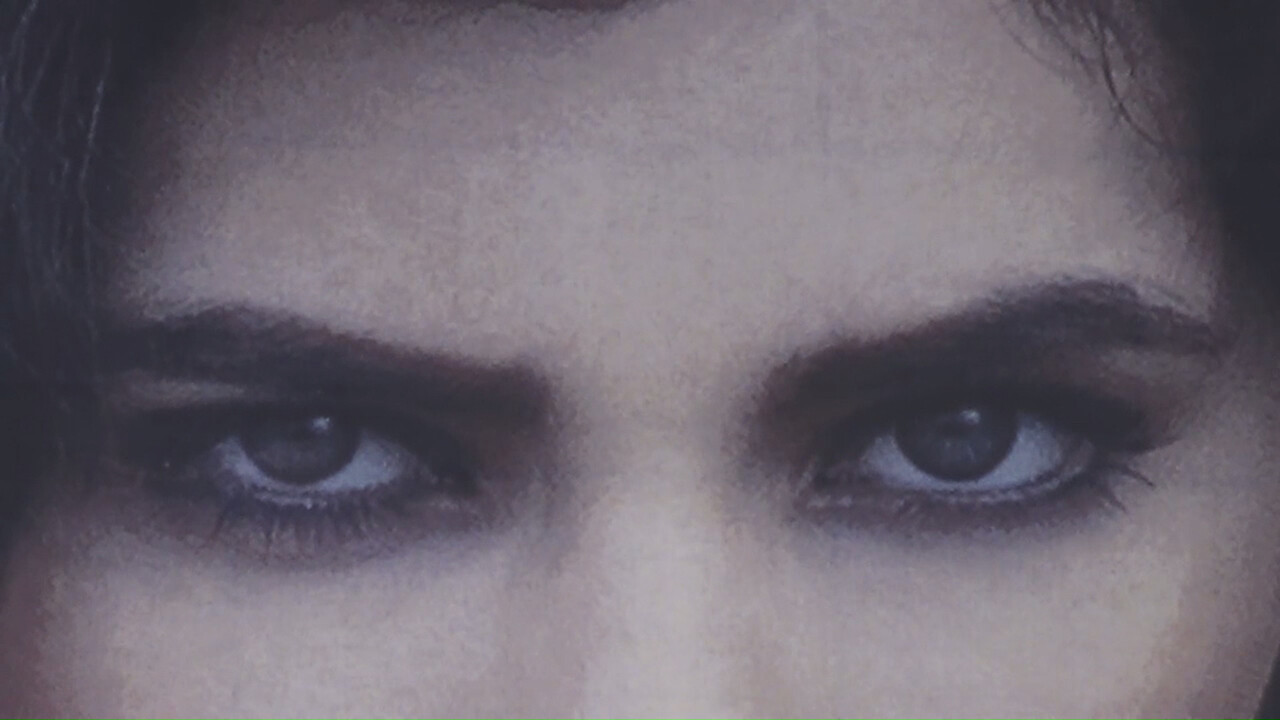“Long before parts of eastern Ukraine were turned into a fully-fledged war zone,” writes the Ukrainian historian Andrii Portnov, “the image of ‘two Ukraines’ became extremely popular in Ukrainian and international media.” In this common narrative, there is a western Ukraine that situates itself within Europe, affirmed by the Maidan demonstrations and a sense of Ukrainian political integrity. Then there is an eastern Ukraine that contains the othered, Sovietized space of Donbas, harboring an identity totally irreconcilable with the rest of the country. For Portnov, this narrative is founded on dangerous imperialist and nationalist assumptions. He instead advocates for an “entangled history” of Ukraine, which focuses on the ways that clashing understandings of identity, memory, and geography intersect. Mykola Ridnyi’s Kharkiv-set films might be seen as an attempt to document some of these entanglements in the city he calls home.
Regular Places (2015) executes a simple concept: it presents mundane views of public spaces across Kharkiv, while audio from confrontations between Ukrainian and pro-Russian protesters at those locations plays over the image. This angry soundscape, divorced from the viral images of violence it belongs to, becomes a kind of diffused internal monologue, dramatizing the thoughts of the people we see walking the streets. In his films, Ridnyi constantly counterposes two different, yet simultaneous experiences of war and conflict: one in which it is a low rumble and normal part of everyday life, and another in which it is experienced as imminent and existential terror—missiles striking buildings, hands striking bodies.
Under these conditions, one can develop a tolerance and even a taste for pain, as we see in No Regrets (2011/2016), one of Ridnyi’s films on Kharkiv’s lively underground subcultures. In a nightclub, young people suspend themselves from ropes attached to hooks pierced through their skin. Spinning and jumping through the air, they test their somatic limits. Watching some of the women bleed, their blood trickling down their backs, I thought of some of the artist Dana Kavelina’s drawings, in which women are connected by red threads to symbols of militarism that literally undo their bodies. Many of these young people will be called up to defend Ukraine against Russian aggression. Finding alternative expressions of pain might be a lifeline in a society where military service is a given, but it carries a deep ambivalence. By sublimating our pain, are we making it more likely that we inflict it upon undeserving targets? To this end, Ridnyi’s choice of audio provides another thought-provoking juxtaposition. He scores the film with Edith Piaf’s “Non, je ne regrette rien,” dedicated to the French Foreign Legion when it was fighting a vicious colonial war in Algeria.
Daniil Revkovskyi and Andrii Rachynskyi, who represented Ukraine at this year’s Venice Biennale, can be seen in NO! NO! NO! (2017) spray-painting the film’s title on a building as part of their 2016 work, War of inscriptions. The artists intervened in the unfolding war between pro-Ukrainian and pro-Russian graffiti on the streets of Kharkiv by adding some of their own: phrases taken from the speech of a mother who lost her son in war. Ridnyi’s film profiles them and other artists based in Kharkiv, interspersing their personal stories with footage of war in Donbas taken from social media sites like VK. It is a not-so-subtle skewering of the art world’s pretensions and priorities, expressed from the perspective of Ukrainian artists for whom the war cannot be avoided or compartmentalized into a neat anti-war slogan. Most striking among the artworks featured was an indie game by the developer Marginal Act, in which the player controls a grandmother walking around a slowly-burning city. The city is, the developer explains, a fictional mashup of places he knows. Perhaps it’s Kharkiv, perhaps it’s Luhansk. Perhaps it is the city enjoying relative peace, or the one being held to the fire.
In retrospect, Marginal Act’s game was grimly prescient about Kharkiv’s future after Russia’s 2022 invasion. The landscapes in The District (2023), shot in Saltivka (where Ridnyi grew up), almost resemble the ones we see in the game. The streets are eerily vacant, rubble piles up, buildings are pockmarked by craters. Strange anomalies proliferate: objects are inexplicably blurred and pixelated, some are whited out entirely or dissolve away. Photos appear on screen, recollecting the stories of this area, but they appear in inverted color, visually out of joint. In this singularly haunting film, we come face-to-face with the environmental devastation of a war that has attempted to wipe out the history required to survive it. For me, it recalled some lines from a poem by Agha Shahid Ali:
This is home. And this the closest
I'll ever be to home. When I return,
the colors won't be so brilliant,"
the Jhelum's waters so clean,
so ultramarine. My love
so overexposed.
And my memory will be a little
out of focus, in it
a giant negative, black
and white, still undeveloped.
“Mykola Ridnyi: The Kharkiv Trilogy” screens this evening, October 1, at e-flux Screening Room. The filmmaker will be in attendance for a Q&A.



